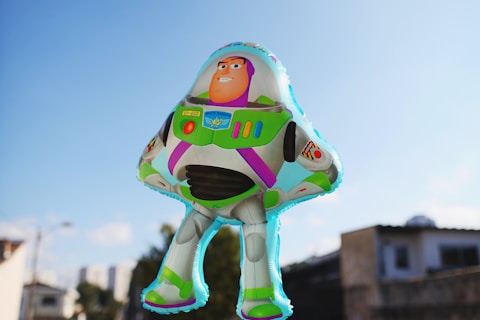Create Games With Python
Python's object-oriented approach makes it easy to create game objects, characters, and environments. The pygame library, specifically designed for game development, provides a wide range of tools and functions to handle graphics, sounds, and user input.


Python is a versatile programming language that allows for the creation of games with ease. With its simple syntax and vast libraries, developers can easily build interactive and engaging games.
Python's object-oriented approach makes it easy to create game objects, characters, and environments. The pygame library, specifically designed for game development, provides a wide range of tools and functions to handle graphics, sounds, and user input. Additionally,
Python's extensive community support and documentation make it an ideal choice for aspiring game developers. Whether you want to create a simple text-based adventure or a complex 3D game, Python provides the necessary tools and resources to bring your imagination to life.
Python can be used to create various types of games, ranging from simple text-based games to more complex graphical ones. Here are a few examples of basic games you can create:
Guess the Number:
In this game, the computer generates a random number, and the player tries to guess it within a certain number of attempts.
import random
# Generate a random number between 1 and 100
secret_number = random.randint(1, 100)
attempts = 0
print("Guess the number between 1 and 100!")
while True:
# Get user's guess
guess = int(input("Enter your guess: "))
attempts += 1
# Compare the guess with the secret number
if guess < secret_number:
print("Too low!")
elif guess > secret_number:
print("Too high!")
else:
print("Congratulations! You guessed the number in", attempts, "attempts!")
break
